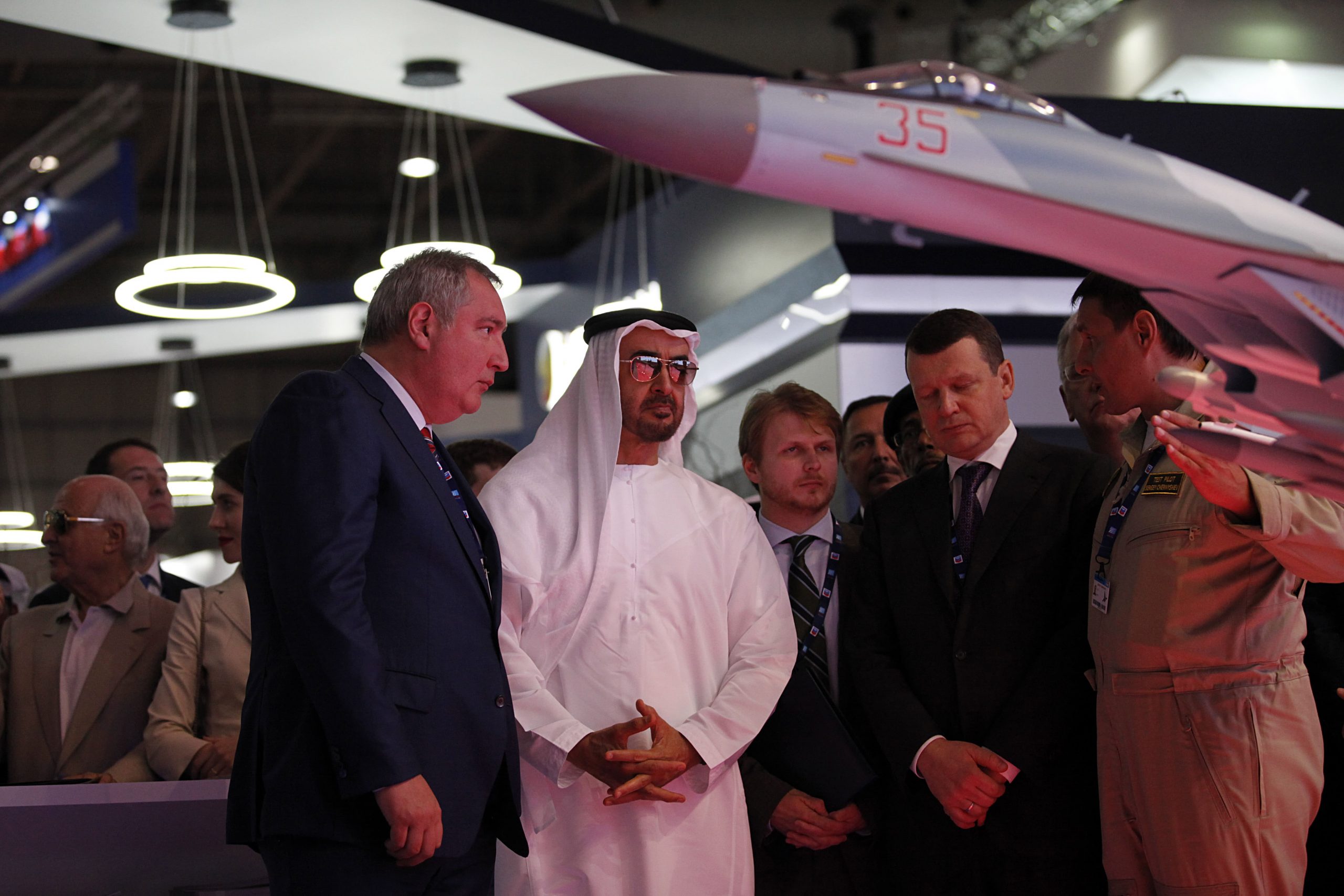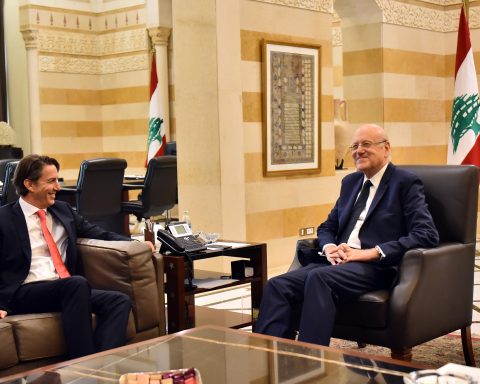Hosting international organizations is one of the important objectives of the Gulf countries. As part of this effort, EXPO 2020 will be held in Dubai by one of these international organizations. Expo 2020 Dubai, which could not be held in 2020 due to global pandemic measures, is planned to serve its participants from October 1, 2021, to March 31, 2022. Before it was postponed, it was scheduled to start on October 20, 2020, and would last until April 10, 2021.
Expo 2020 Dubai, more than just a fair, will offer participants, companies and country representatives the opportunity to come together with many people and institutions and further develop and demonstrate their ideas. Dubai’s efforts on the Expo have continued since it earned the right to hold the exhibition in 2013 as a result of the vote under the aegis of the General Assembly of the Bureau International des Expositions, and it is estimated that substantial funding has been provided by the Emirates for all related construction, organization and planning processes. Although it is expressed as an apolitical success story, it is not hard to see that this international organization has social, economic, and political aims and will have outcomes accordingly.
Excluding Saudi Arabia, one certainly significant aspect of life in the Gulf is the relatively low population in the countries. In addition to the low population rate, the lower numbers of citizens of the countries and the presence of foreigners working at all levels and segments of society in these countries are spectacular. The point where a basic misconception is prevalent about the Gulf countries is that these foreigners working in the Gulf are only workers from Asian countries and working for low wages. However, since these countries have regional and global financial centers and state companies with utterly significant investment opportunities, high-level professionals from Western countries are also heavily employed in the Gulf. Therefore, there is already a socio-culturally vibrant and economically viable system in the Gulf. In this sense, it seems logical to support this local and regional vitality with global organizations.
The introduction of Dubai and Doha as two economic success stories after the 1990s and then the riveting of this image branding issue further in the 2000s increased the economic and political competition in the Gulf. The fact that Riyadh has traditionally lagged behind the development and economic plans of these new modern cities, especially after the 2010s, has further intensified the veiled economic and prestige struggle in the region that continues to this day. Although this economic struggle comes to the fore with fundamental issues such as market dominance over oil production, investments in international companies, and investments to be attracted from these companies, another important aspect also affects social and political balances within countries and within the region. From all this background, the importance of activities such as holding Expo-like organizations is increasing, and these kinds of international events and the responsibility for holding them offer serious potential, opportunity, and access to the Gulf countries.
What does Expo mean for Dubai?
As a symbol of the UAE’s vigilance in regional economic competition, EXPO 2020 will be the first WORLD EXPO to be organized by an Arab state and held in the Middle East and North Africa region. The most important return of the Expo for Dubai will probably be the economy. According to preliminary estimates, a return of around $30 billion is to be provided to the Dubai economy. The possible return of $30 billion could amount to a lifeline for the Dubai economy as assessed by the actions taken by the UAE, whose economy shrank by 6.1 percent in 2020, within the strategy of attracting investments to the country. With the help of Expo, a Forbes analysis expected that Dubai’s economic growth could be observed between 3.8 percent and 4.5 percent in the coming years.
For economic reasons, changes have been made in the rules and regulations adjusting social life in the UAE in recent months. The use of alcohol, unmarried people sharing the same house, and the similar relaxation of social rules common in the Gulf can be seen as facilitating the social mobility that will most likely be created and increased by the Expo. Also, according to the factsheet of the exhibition, Emirati leaders seem to believe that with the help of Expo, the UAE will achieve the goals of the Vision 2021 National Agenda, which aims to increase revenues from tourism and find ways of enhancing business.
The fact that Expo 2020 will be held in 2021 is of particular symbolic importance for the UAE. In this respect, 2021 also marks the 50th anniversary of the UAE’s founding as an independent federation in 1971. In addition, the organization of this event in 2021 is an important point in terms of the opportunities that it offers for further international recognition for the residents of Dubai and the UAE political elite, since it also reaffirms the second stage of the UAE Centennial 2071 program, which refers to the 100th anniversary of the founding of the UAE.
According to rational estimates based on average calculations, 25 million visitors are expected to attend the Dubai Expo. Despite major global measures blocking air travel, the Director-General of Dubai Expo, Reem Al Hashimy, seems to be keen on keeping the 25 million target level, a pre-pandemic estimate, on hold. Considering that 73 million visitors attended Expo 2010 in Shanghai, and 21.5 million visitors attended the exhibition at Expo 2015 in Milan, it could be indicated that Dubai’s 25 million targets is close to the recent exhibitions’ average visitors.
There are also political aspects
In addition to its social and economic dimensions, Expo 2020 has also been on the agenda of the political elites of Dubai and Abu Dhabi. In this line, Abu Dhabi Crown Prince Mohammed bin Zayed recently stated that there are only 100 days left to hold the Expo, marking the countdown. Also, Dubai Crown Prince Sheikh Hamdan bin Mohammed, a high-level figure in Dubai’s governmental affairs, made a statement on the subject and said that Dubai has doubled its efforts and that they hope to achieve success.
It can be seen that the Expo is instrumental in Emirati foreign policy, as well as the fact that political figures are personally interested in the Expo as part of their responsibilities in the UAE’s domestic policy. In this sense, Israeli Foreign Minister Yair Lapid, who recently made the highest official visit to Abu Dhabi and Dubai after the normalization agreement with Israel, and the UAE delegation accompanying him, visited the Expo stands. As it can be grasped from the dialogues between Yair Lapid and the UAE delegation, which had the opportunity to visit the stand that will represent Israel at the Expo, the exhibition can also be seen as a foreign policy move.
As a result, it can be stated that with Expo, the UAE moved the economic competition in the Gulf to the next level. Although the weakening and shrinking economy, damaged development plans, and declining international reputation within the framework of the global pandemic measures will not be completely recovered by the Expo, these may be some of the most important goals of the Dubai leadership.













